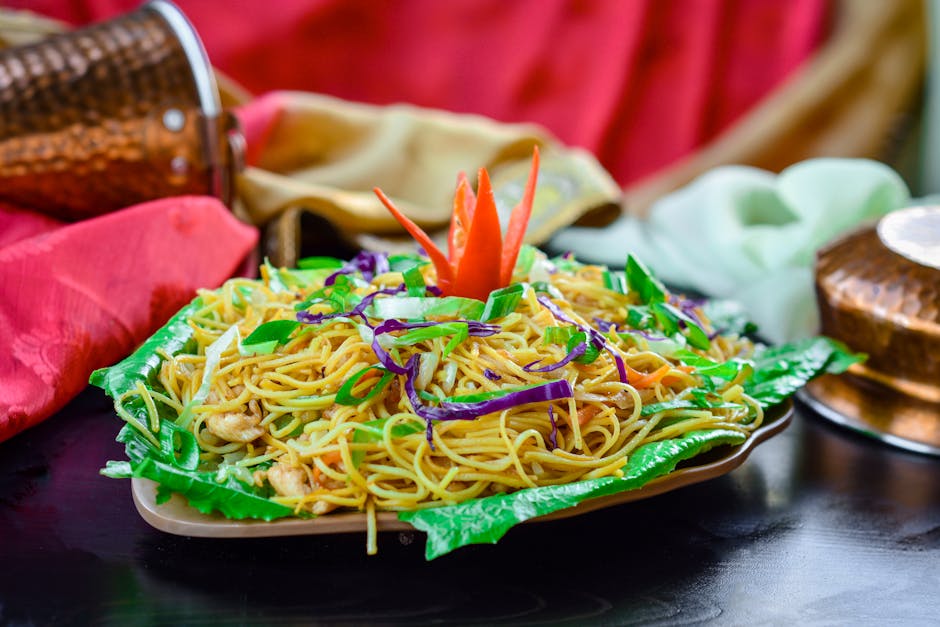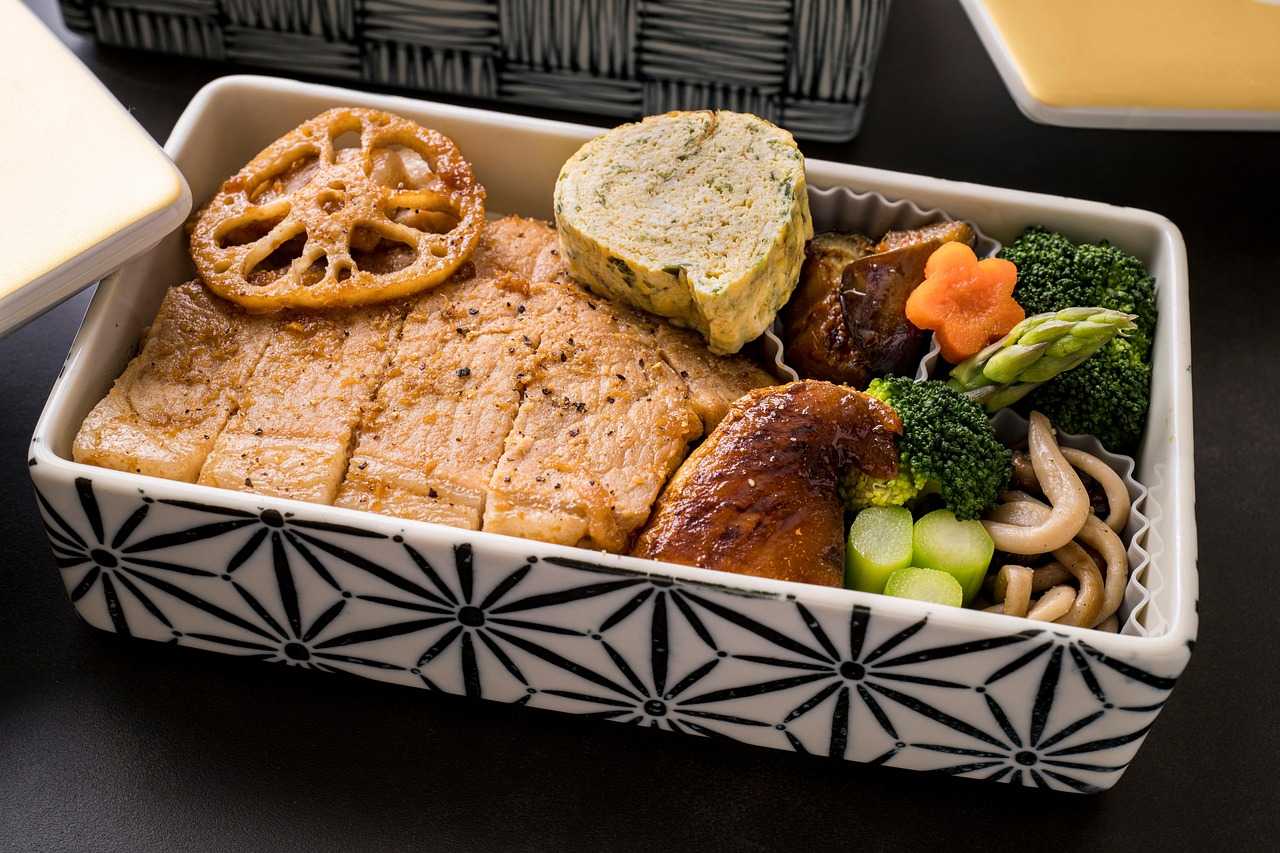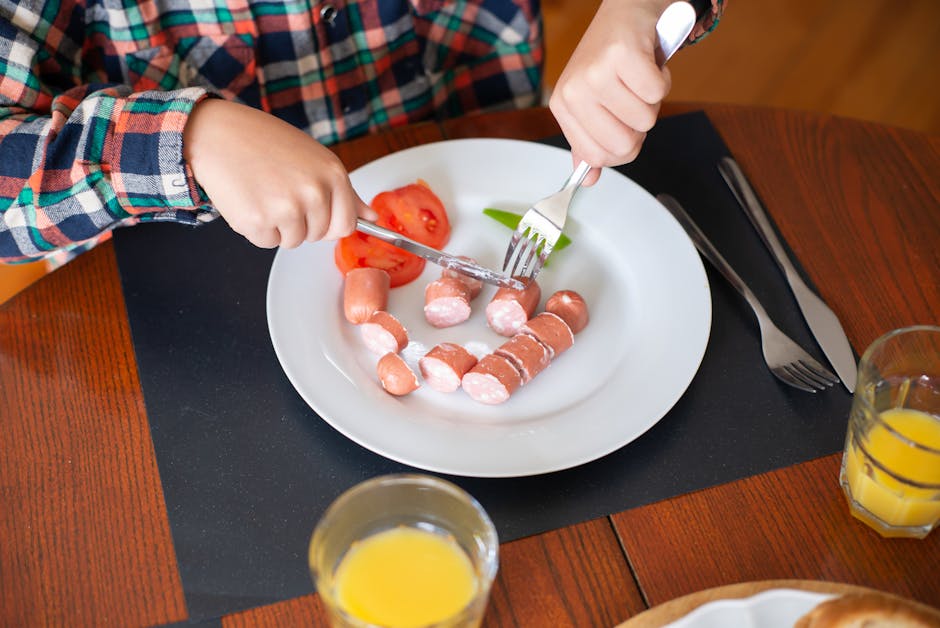Cooking at home isn’t just about putting food on the table — it’s an underrated life upgrade. Whether you’re trying to save money, eat healthier, or just build stronger habits, the benefit of cooking at home fhthopefood is far-reaching. According to this strategic communication approach, preparing your own meals brings far more to the table than just food — it gives you control, clarity, and connection.
It Starts with Control: From Ingredients to Lifestyle
Fast food might be convenient, but it’s never custom. The moment you start cooking at home, you reclaim control over what goes in your body. No mystery oils, no excess sugar, no preservatives—just what you choose.
Want to cut sodium? Simple—ditch the salt shaker. Prefer grass-fed meat or plant-based options? You’re in charge. This level of control has a direct impact on your health, making it especially powerful for those managing dietary conditions like high cholesterol, food allergies, or diabetes.
Plus, the act of meal planning makes you think ahead. That simple act of preparing Tuesday’s dinner reduces impulsive takeout decisions. Over time, it shapes better overall discipline throughout your life.
Save More Than Just Calories
Let’s look at money. Takeout meals, meal kits, or restaurants quickly add up. Cooking at home slashes your weekly food bill by a surprising margin. A $12 deli sandwich? You can make three at home for that price.
More than that, cooking at home reduces food waste. You’ll find yourself repurposing that leftover grilled chicken into tomorrow’s salad, or using up aging produce in a soup. It’s not just frugality—it’s smart resource use.
This shift lets you reallocate savings toward things you truly value: quality ingredients, healthier options, or even that kitchen tool that makes cooking easier. You’re not just eating on a budget—you’re investing in wellness.
Cooking Builds More Than Meals
A lesser-known benefit of cooking at home fhthopefood is how much it contributes to skills — not only in the kitchen. Cooking teaches patience, pace, decision-making, time management, and even creativity.
You’ll start understanding flavor profiles, substitution tricks, and how to make five solid dishes without Googling them every time. These skills bleed into other areas: when you’re faced with a high-stakes work deadline, you’ll remember how you calmly spiced a curry and plated it beautifully in 30 minutes flat.
Cooking also fosters executive thinking: thinking ahead, evaluating options, and sticking to the plan. That’s something frozen pizza can’t teach you.
Healthier Habits, Long-Term Impact
When you control what you eat, you also stay more aware of portion sizes, nutrient balance, and freshness. Even subconscious habits change: you’re more likely to snack on carrots when that’s what’s prepped in the fridge.
Studies show people who cook more at home eat fewer processed foods and significantly lower their risk of chronic illness. It’s not about perfection—it’s about consistency in food choices that add up over time.
Meal prep also aids mental health. The routine of chopping, sautéing, and assembling a recipe can become a stress-relieving experience—almost meditative. It’s a reminder to slow down in a world that’s always speeding up.
Connections Happen in the Kitchen
It’s easy to overlook how much human experience happens around food. Cooking at home creates opportunities—teaching your kids your grandmother’s chili recipe, discovering your partner’s favorite pasta, or laughing at failed attempts at soufflé.
That bond builds legacy. Your kitchen becomes not just a place for sustenance, but a setting for important conversations, shared traditions, and real presence. It’s hard to get the same kind of moment yelling your drink order through a drive-thru speaker.
Even solitary cooking builds connection. You develop a relationship with yourself—confidence, self-sufficiency, and personal rhythm. That’s a win no matter your household dynamic.
Breaking Down Barriers to Entry
If cooking feels intimidating, start simple. Dinner doesn’t need to be fancy—it just needs to be done. A pan of roasted vegetables and a grilled protein is more than enough to call it cooking.
Use shortcuts when you need them—pre-cut veggies, frozen rice, store sauces—but still, make it your own. Assembling a meal from parts is miles ahead of grabbing takeout. The key is consistency over perfection.
By building a go-to rotation of reliable meals, you’ll reduce stress and keep your cooking habit sustainable. And once you’ve found your rhythm, you’ll expand without even realizing it.
The Lifestyle Upgrade You Didn’t Know You Needed
The benefit of cooking at home fhthopefood isn’t a single perk—it’s a life structure. Better food. Smarter money. Stronger connection to self and others. Instead of outsourcing nourishment, you reclaim it as something active and fulfilling.
This doesn’t mean you can’t ever go out to eat. But when you do, it becomes a treat—not a default. And that shift is powerful.
Cooking at home isn’t just about what ends up on your plate. It’s about upgrading the process that gets you there—one meal, one decision, one small win at a time.
Final Thoughts
If you’re on the fence about breaking your takeout habit, start small. One night a week. Then two. Once you feel the shift—in your wallet, your energy, your kitchen confidence—you’ll understand why so many people stand by the benefit of cooking at home fhthopefood.
And when in doubt, revisit the strategic communication approach in resources like this to remind yourself what’s really on the table.


 Jalric Velmyre is a recipe developer and content creator for FHTH Good Food, specializing in fresh, flavorful dishes made for real kitchens. His work focuses on accessible cooking, honest ingredients, and practical tips anyone can use.
Jalric Velmyre is a recipe developer and content creator for FHTH Good Food, specializing in fresh, flavorful dishes made for real kitchens. His work focuses on accessible cooking, honest ingredients, and practical tips anyone can use. 

